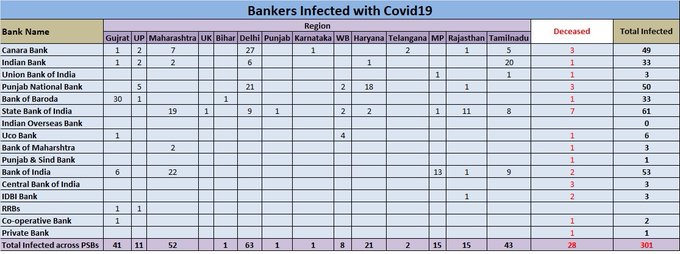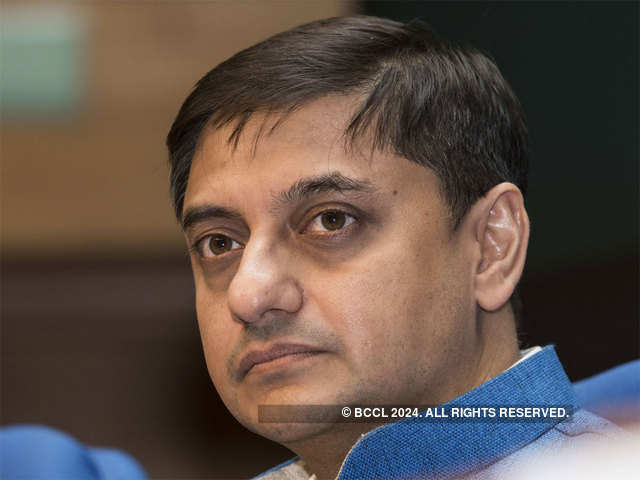The coronavirus pandemic has changed the way India’s public sector banks have traditionally done business. With social distancing and risk aversion in real life and financial matters likely to persist in the foreseeable future, Union Bank of India is implementing a series of strategies to return business activity to pre-covid levels. In the latest interview in Mint’s Pivot or Perish series, Rajkiran Rai G., managing director and chief executive officer, Union Bank of India, discusses how the bank is adjusting to the new normal. Edited excerpts:
In what ways is Union Bank of India pivoting with the changed realities brought in by covid-19?
A significant volume of transactions has moved to digital platforms. For instance, the use of mobile apps has increased. We are dissuading customers from coming to the branches. The bank has started a pilot project where customers need not go to the branch for documentation for personal and vehicle loans, and as we move on, we will expand it to other loans as well. Internally, most of the meetings now happen through video-conferencing. Even within the same premises, we do not meet in person but connect virtually. For credit committee meetings, we are going for minimum use of paper and moved most of it to emails. That apart, even the board and board committee meetings happen through video-conferencing.
With the economy gradually unlocking, what is the key change for the bank in the new normal?
Businesses should resume economic activity in the coming months. Accordingly, we envisage a turnaround in credit offtake in Q2FY21 and shall be driven by institutions, particularly micro, small and medium enterprises (MSMEs). Retail credit may take longer to get back to normalcy as we expect risk aversion to kick in among individuals, which could lower discretionary borrowing.
We have incentivized business correspondents by giving them some extra incentives so that a lot of transactions, particularly at rural centres, went through. My feeling is that by July-end or August, we should see about 70% return to normalcy. So, if that happens, then the recoveries can also happen and we may also have to start some recovery efforts from July onwards.
Would public sector banks require fresh infusion of capital from the government to manage the transition?
There are two things to consider here. First is amalgamation and second is the impact of covid-19 on banks’ business. The government has already front-loaded capital infusion last year factoring the amalgamation impact, giving the banks enough buffer. Now, covid-19 is a new development whose complete impact is yet to be seen. We will have to wait till the end of June quarter of FY21 to make any realistic assessment of capital requirement.
How essential is a debt recast package from the Reserve Bank of India?
We have written to RBI seeking a restructuring package. Nothing has been announced so far. Our recommendation is not for a blanket debt recast and we are ready to go by the spirit of the 7 June circular on stressed asset resolution. We are ready to adhere to the circular so that the mistakes that happened earlier are not repeated this time round and there is no kicking the can down the road. Lenders are seeking some amendments like allowing debt recast without downgrading an asset and retaining good promoters. If you see, banks are not diluting the circular but are asking for some amendments in it to cope with the covid-19 situation. It may be difficult to go ahead with debt recast if RBI does not allow it as the provisions needed to be set aside will be huge and could be possible only in a few cases. When there are multiple banks involved, getting consensus from everyone becomes difficult.
What has been your strategy throughout the lockdown?
Since banking is an essential service, we have always been on the job despite the lockdown. At all points in time, more than 90% of our branches were open and only those in curfew areas were closed. We ensured that one-third of the staff were present in the branches so that almost every branch was functional. All ATMs were up and running and we also incentivized business correspondents so that a lot of transactions, particularly at rural centres, went through them.
Do you see the financial system adopting work from home as an integral part of work culture?
The concept of work from home was seldom thought about previously as the banking business has been predominantly brick-and-mortar and oriented towards customer service. Over the past few years, banks managed to adopt new technologies to facilitate “banking from home" for customers. So, employees working from home isn’t far away, but may happen gradually as not every aspect in banking can be managed from remote locations. We still need manpower to provide loans to customers. However, we can expect banks to find ways to transform like they always do.



